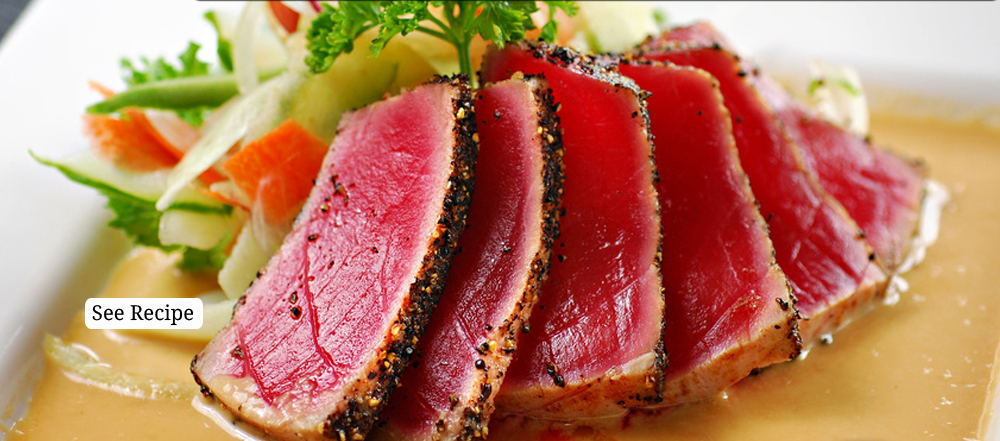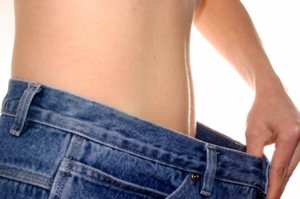More Weight Loss Secrets
Every year, Americans spend upwards of 3 billion dollars on weight loss products. Some of these items include vitamins and supplements, energy drinks, stimulants, and protein powders. What all of these consumers have in common, is a desire to lose excess body fat, and improve their overall health. Mostly, they want to feel better about themselves. In my years of studying nutrition, I’ve come to one, rather clear realization: there is no magic pill. Losing weight is difficult, and it requires great effort and determination. Here are a few things that I have learned that may benefit you:
Eat smaller portions. Instead of having three large portions, try eating six, smaller meals. A continuous intake of nutrition gives your body a sustained release of sugar (glucose) and can help lower cholesterol levels.
Stay away from white bread and white sugar. These types of foods have little to no nutritional benefit. “Empty Calories” lead to weight gain.
Instead of eating chips and candy bars, carry some raw nuts, and a piece of fruit with you. Don’t over-do it with the nuts; they’re loaded with calories!
Drink plenty of water. It’s suggested that we drink 8- 8oz. glasses of water per day. Increased water intake helps your body flush out toxins, and increases the efficiency with which your body operates.
Don’t forget your fruits and vegetables. Eat plenty of vegetables, and fruit per day. Don’t over-cook your veggies- when you do this, the nutrients disappear. Corn is high in calories, so eat it in moderation.
Try brown rice and sweet potatoes as a starch when making dinner, instead of white rice, and regular potatoes. Brown rice is a complex carbohydrate (releases glucose into the body at a sustained rate). Sweet potatoes are full of minerals and nutrients.
Try to have at least 3 to 4 ounces of protein three times a day. If you’re a vegetarian, eat some soy-based products, cheese, milk, or eggs. Raw, unsalted nuts are also a good choice.
If you blow it one day, and eat a whole pizza, don’t give up on your new eating plan. Simply think of it as a small set-back, and get back on track the next day.
Don’t deprive yourself! Pick one day of the week to splurge. This doesn’t mean eating an entire gallon of ice cream; have a few treats here and there, and don’t over-do it. Try some dark chocolate!
Get active. Simply eating better won’t make you feel better. Pick an activity you like, and do it for times a week for at least 20 minutes.
Don’t starve yourself- when you deprive yourself of food, your body stores calories and fat.
Find a partner. If you’re trying to lose weight, do it with a friend. The likelihood of getting in shape and losing weight increases when you have someone to do it with.
Consider eggs. Eggs are a near-perfect source of protein. Having a hard-boiled egg every day won’t increase your cholesterol levels, and can help keep the hunger pangs away.
Stay away from diet sodas. Diet cola actually has been shown to increase hunger. Drinking these types of beverages in place of eating, can actually make your blood-sugar levels yo-yo. Caffeine causes your adrenals to fire, releasing cortisol into your system. Increased levels of cortisol can lead to high cholesterol.
Eat breakfast. This doesn’t mean that you need to have eggs, bacon, toast and pancakes. Have a few nuts, or a piece of turkey sausage.
Skip the juice. Most people drink a large glass of OJ in the morning. One glass of juice can contain in excess of 200 calories. Furthermore, it spikes your blood-sugar levels. Try some herbal tea or decaf coffee.
Eat slowly. Instead of devouring your food, take some time to enjoy what you’ve prepared.
Consume red meat and chicken sparingly. Non-organic meats contain large amounts of antibiotics and hormones. If you want a piece of meat, try finding beef or chicken that is contaminant-free.
Educate yourself on metabolism. Once you understand what happens to food once it enters your body, you can better control what goes into it.
Stay away from preservatives and chemicals. If you don’t recognize ingredients on a box of food, don’t buy it. Chemically-enhanced foods have few nutritional benefits.
“Fat Free” doesn’t mean fewer calories. What usually replaces the fat content in food is sugar.
Don’t use excessive salt. Try your food before you get out the shakers. Too much salt can cause hypertension. Try replacing salt with lemon juice, or additional spices.
Try meditation and yoga. Preparing your mind for your new body is essential for success. Meditating on a regular basis has been shown to lower stress, blood pressure, and improve concentration.
Happy Cooking!
Chef Chuck
chuck@cooksandeats.com







 in <b>/var/www/vhosts/cooksandeats.com/httpdocs/wp-content/themes/CooksandEats/sidebar.php</b> on line <b>1</b><br />
/wp-content/themes/CooksandEats/images/side-logo.png)



 in <b>/var/www/vhosts/cooksandeats.com/httpdocs/wp-content/themes/CooksandEats/footer.php</b> on line <b>13</b><br />
/wp-content/themes/CooksandEats/images/back-to-top.png)
Great post.